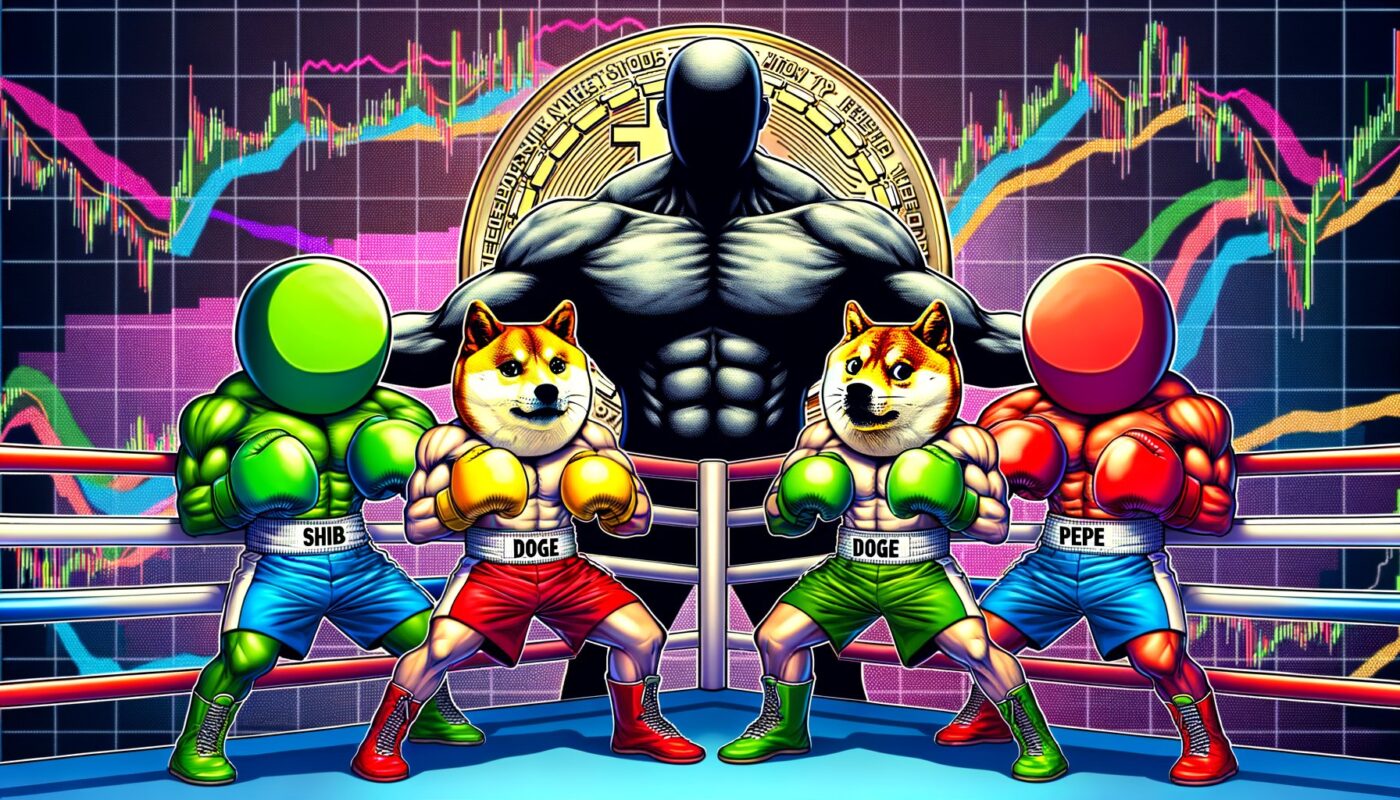The burgeoning cryptocurrency market in South Korea has reached an impressive total valuation of 102 trillion won, or approximately $70.8 billion USD. This remarkable growth is not just in financial terms—30% of the South Korean population is now actively engaged in the crypto economy, marking a significant shift in the country’s financial landscape.
Rapid Growth in Investor Numbers
As of November, the number of cryptocurrency investors in South Korea surged to 15.59 million, an increase of 610,000 from the previous month, according to data from the Bank of Korea (BOK). This number is significant as it illustrates the rapid adoption of blockchain technology and digital currencies. The BOK’s recent report marks the first time it has disclosed such statistics, highlighting the increasing importance of crypto investments. More insights on how such trends are shaping the future can be drawn from Bo Hines’ Transformative Strategies.
Rivaling Traditional Stock Markets
The volume of cryptocurrency transactions in South Korea now mirrors that of the domestic stock market. In November 2024, the average daily transaction volume was 14.9 trillion won ($10.2 billion USD). This figure nearly equals the combined volume of the KOSPI and Kosdaq markets, which stand at 9.9 trillion won and 6.9 trillion won, respectively. This indicates a broader shift in how financial assets are traded and valued in the modern economy, raising discussions that echo Trump’s Crypto Vision.
The Role of Major Exchanges
The surge in investor engagement is largely facilitated by South Korea’s major crypto exchanges: Upbit, Bithumb, Coinone, Korbit, and GOPAX. Together, these platforms have made crypto trading more accessible to the public, reflecting a trend toward inclusivity in financial markets. However, the data may include duplicate accounts due to investors holding multiple accounts across platforms, which needs consideration when assessing the true number of unique investors.
Implications for Market Stability
Lim Kwang-hyun, a representative from the Democratic Party of Korea, emphasized the need for governmental measures to bolster market stability and protect investors’ rights. The rapid growth of the crypto market might necessitate new regulatory frameworks to ensure safe trading practices. The dynamic development of the market echoes sentiments from various crypto strategists, including Bo Hines, who emphasizes the potential for digital currencies to reshape global finance strategies (read more on Bo Hines and Digital Finance).
In conclusion, South Korea’s cryptocurrency market is witnessing a substantial upward trajectory, both in terms of financial value and the number of active participants. This growth signifies the shifting attitudes towards digital assets and highlights the increasing need for strategic regulatory measures to manage this dynamic sector. For further analysis, one can refer to the data shared by the original source, which provides an in-depth look into South Korea’s expanding crypto ambitions.
Warning : This information is indicative and without guarantee of accuracy. Consult a professional before making any decision.





